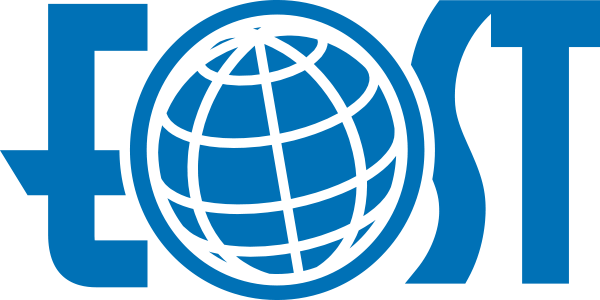![Diplôme contrôlé par l'État [Diplôme contrôlé par l'État]](https://formations.unistra.fr/skins/unistra/resources/templates/common/img/labels/Dip_Ing.svg) Diplôme d'ingénieur de l'École et observatoire des sciences de la Terre (EOST)
Diplôme d'ingénieur de l'École et observatoire des sciences de la Terre (EOST)
Présentation
Objectifs :
Les ingénieurs diplômés de l’EOST sont des spécialistes en géophysique qui ont vocation à exercer dans les entreprises et organismes concernés par la reconnaissance du sous-sol et la compréhension des processus géologiques.
Au niveau national, l’EOST est reconnue comme la seule école d’ingénieurs en géophysique. Si l’un de ses débouchés historiques est le secteur de l’exploration production, les ingénieurs de l’EOST exercent également dans les secteurs d’activité de la géotechnique, de l’eau, de l’environnement, des risques naturels, de la surveillance et de la connaissance de la planète. De par leurs connaissances et compétences en géophysique, ils jouent
un rôle majeur dans les secteurs innovants de la transition énergétique et des énergies décarbonées du sous-sol (géothermie profonde, stockage de CO2, exploration du lithium…).
Compétences :
À l’issue de leur formation, les ingénieurs diplômés de l’EOST sont capables de mettre en œuvre et développer l’ensemble des méthodes géophysiques dont ils maîtrisent les bases théoriques et les techniques expérimentales et de terrain.
Ils utilisent les méthodologies de modélisation et de traitement de l’information géophysique. Ils connaissent les problèmes posés aux différentes échelles d’espace et de temps par la complexité des milieux naturels.
Ils sont conscients des enjeux économiques et sociétaux considérables des secteurs de l’énergie, des matières premières, du BTP, de l’eau, de l’environnement. Ils sont préparés à exercer leur futur métier dans des entreprises multiculturelles dont l’activité s’exerce dans le monde entier.
Programme des enseignements
- ParcoursDiplôme d'ingénieur de l'EOST
Contacts
Directrice des études
- Florence Herrmann-Beck

